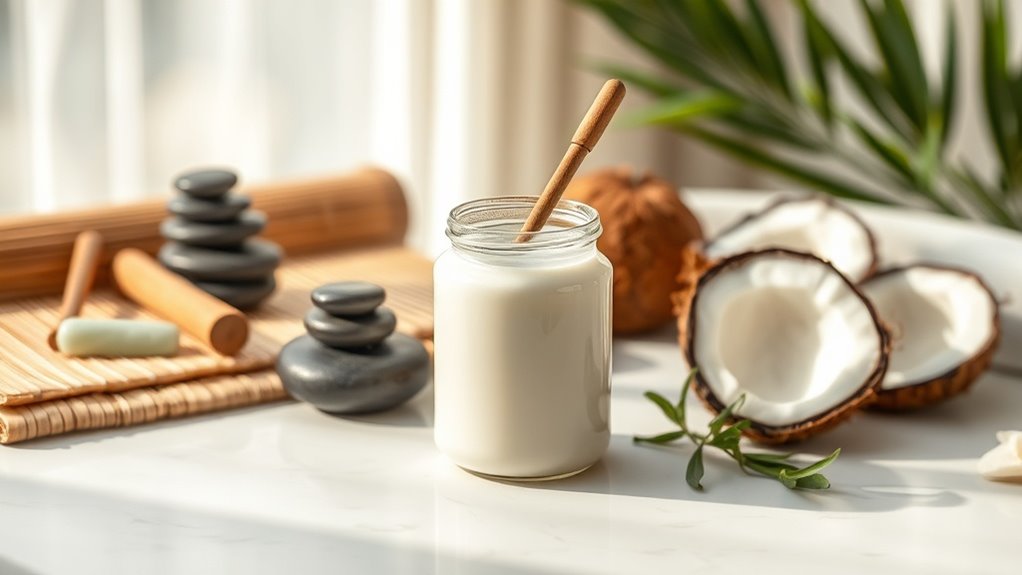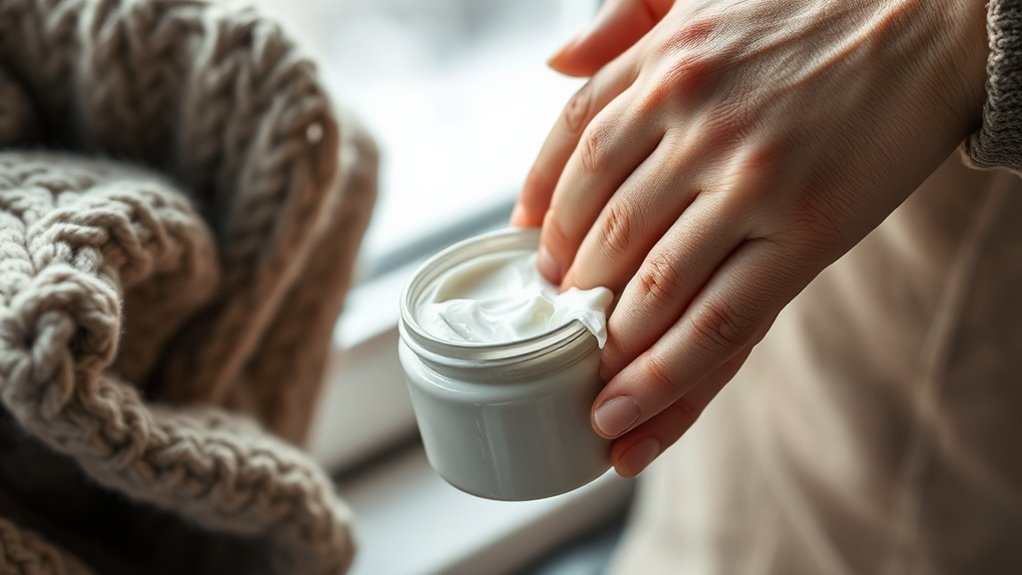The Best Cold Remedies to Feel Better in Just a Few Days
Did you know that the average adult catches two to three colds per year, yet most people don’t optimize their recovery strategy? While your body will eventually fight off a cold virus on its own, you can greatly reduce the duration and severity of symptoms with the right approach. From scientifically-backed natural remedies to precisely timed over-the-counter medications, there’s an exhaustive formula for faster relief that you’ll want to discover before your next bout with the common cold.
Natural Remedies That Fight Cold Symptoms
While prescription medications can help treat cold symptoms, several natural remedies have shown clinical effectiveness in reducing the duration and severity of the common cold.
For fast relief, you’ll want to try zinc supplements within 24 hours of symptoms, which can decrease a cold’s duration by up to 33%.
Vitamin C supplementation of 1-3 grams daily may reduce your cold’s length by 1-2 days. Honey can suppress coughing and improve sleep quality.
Elderberry extract demonstrates antiviral properties, while ginger’s anti-inflammatory compounds help ease congestion and sore throat discomfort. Additionally, maintaining optimal levels of essential vitamins and minerals can significantly reduce cold symptoms and recovery time.
These evidence-based cold remedies work best when combined with adequate rest and hydration.
Over-the-Counter Medications and Their Benefits
When cold symptoms become severe, over-the-counter medications can provide targeted relief through specific active ingredients.
Decongestants like pseudoephedrine reduce nasal swelling, while antihistamines such as diphenhydramine help control runny noses and sneezing. You’ll find acetaminophen and ibuprofen effective for fever and body aches.
For coughs, dextromethorphan suppresses the cough reflex, while guaifenesin acts as an expectorant to thin mucus.
Multi-symptom formulas combine several of these ingredients, but you’ll get better results by choosing medications that specifically address your symptoms. Always check drug interactions and follow dosage instructions carefully.
Essential Foods and Drinks for Quick Recovery
Beyond medications, proper nutrition plays a key role in fighting off the common cold. Your body needs specific nutrients to support immune function and speed up recovery. Focus on vitamin C-rich foods, clear broths, and hydrating beverages.
- Consume citrus fruits, berries, and leafy greens to boost vitamin C levels and enhance immune response.
- Drink warm chicken soup to reduce inflammation and improve mucus flow.
- Stay hydrated with water, herbal teas, and electrolyte-balanced beverages to thin secretions.
These evidence-based nutritional choices help reduce symptom severity and duration while supporting your body’s natural defense mechanisms against viral infections. Natural remedies like these can also promote overall well-being during your recovery.
Rest and Self-Care Strategies That Work
Getting adequate rest is fundamental to recovering from a cold, as sleep deprivation can suppress immune function by up to 70%.
You’ll need 7-9 hours of quality sleep per night, plus short daytime naps if possible.
Create an ideal sleep environment by maintaining room temperature at 65-68°F, using a humidifier to keep airways moist, and elevating your head with extra pillows to reduce congestion.
During waking hours, practice gentle stretching, take warm baths, and avoid strenuous activities that could delay recovery.
Stay home from work to prevent spreading the virus and allow your body to focus energy on healing. Additionally, incorporating natural remedies such as steam therapy and essential oils can enhance your recovery process.
When to Seek Medical Attention for Your Cold
While most colds resolve with proper rest and self-care measures, certain symptoms warrant immediate medical attention.
You should contact your healthcare provider if your symptoms worsen considerably or persist beyond 10 days.
Seek immediate medical care if you experience:
- Fever above 103°F (39.4°C) or fever lasting more than 3 days
- Severe sinus pain, persistent earache, or difficulty breathing
- Coughing up colored mucus, severe chest pain, or wheezing
These symptoms may indicate a bacterial infection, pneumonia, or other serious complications that require prescription medications or advanced treatment.
Don’t hesitate to get evaluated if your condition deteriorates.




